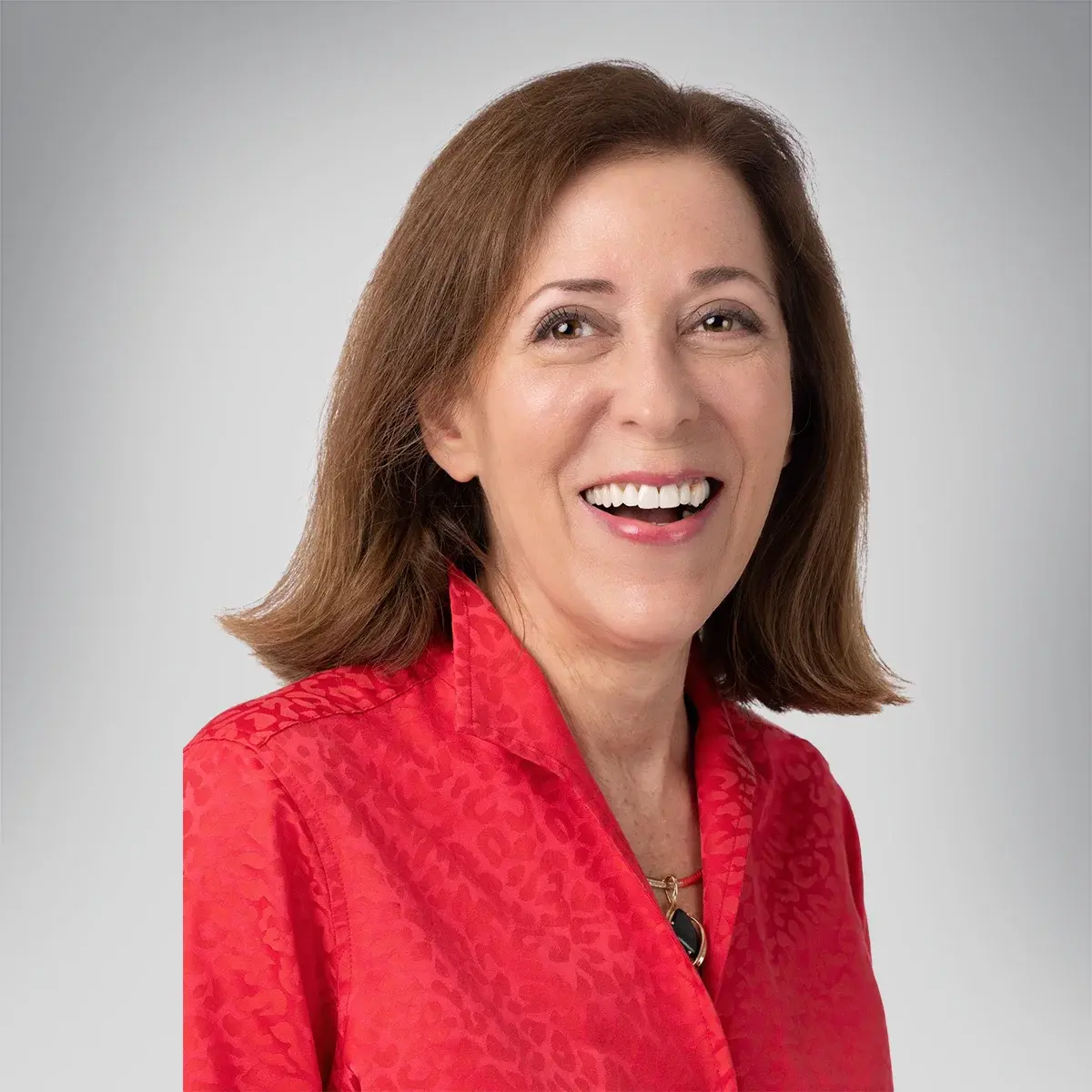She was in her thirties, highly qualified and eager to work for this particular employer. She appeared to be the answer to the three questions employers most want answered when hiring a new employee:
- “Can you do the job?”
- “Will you do the job?”
- “Are you a good fit for our company and culture?”
Still, the candidate was a little bit nervous. The pay for the position was listed between $180,000 and $200,000. In her previous role, she was paid $100,000. She wondered: would she appear underqualified or too junior, even though she knew she had all the skills they needed?
Her career coach recommended that she simply answer any questions about salary with a confident statement of, “I’m sure if you feel there is a good match between my skills and your needs that we’ll be able to come to an agreement.”
Instead, when the recruiter asked, “How much did you make in your last role?” She blurted out: “$100,000.”
When the company not only offered her the role, but a salary of $150,000, she was thrilled. She immediately called her outplacement career coach to celebrate.
“I’m glad you’re so happy,” the coach said. “And you can take the offer if you’d like — it is a good one. But before you do, you might want to ask them just one question.”
“What’s that?” the candidate asked.
“Just say, ‘Is there any reason why you’re not offering me the advertised salary?’”
She did. And they raised the offer to the full $200,000.
Three Important Questions to Ask Yourself Before You Do a Job Search
Every candidate knows a horror story of someone who has applied for thousands of positions, but gotten few interviews and no offers. With the job market slowing, cases like these have become increasingly common.
What you rarely hear is what is in this blog: how job seekers get offers that land them in roles where they thrive and are well-compensated for the value they bring. To maximize their potential in a competitive environment, successful candidates focus on three questions:
- Have I created and supported a professional brand for myself that clearly demonstrates what I love to do and the value I bring to an employer?
- Have I used that brand to identify companies that might be a good fit for my skills, personal values and career growth?
- Do I use a “people first” approach to my job search, or am I trying to game the bot system?
Let’s look at these one at a time, and how they work together to help you land a role where you have the chance to thrive.
Why You Need a Professional Brand
Your brand is what makes you stand out. It tells the marketplace of recruiters and employers what makes you unique.
You never have to worry about someone else stealing your brand. This is because there is truly nobody else exactly like you. No one else has had the combination of life experiences you have.
For example, you could take two CHROs. Both have the same certifications. Both have worked for large, publicly traded companies. Both have a broad range of experience in all aspects of the role. Both have led global teams.
Now go deeper. Start with where they grew up, where they live now and where they’ve lived throughout their career. Someone who started life in, say, Garrison, North Dakota, moved to New York City and stayed there will have a very different worldview than someone born in Boston and moved around to several continents.
Every person’s choices, life experiences and background are different. No two people share exactly the same beliefs or character traits. No one has the same family or hobbies. These are the things that ultimately determine whether or not you’re the candidate who’s the right fit not just for a role but a team, a company and their stakeholders.
How to Determine Your Brand
A simple way to determine your professional brand is to think about the benefits the work you love to do brings to others.
One example would be a Learning Designer. He creates online classes that teach employees with no experience in AI how to use it. Imagine if he simply said, “I’m a Learning Designer who specializes in AI.” Or, “I can teach your employees how to use AI.” Lots of job seekers could likely say the same thing.
Now layer in what makes him unique. In his spare time, this designer is a master of online video games. He plays with people from 50 countries. If he combines his knowledge of AI and Learning Design with his love of gaming, he could say something like, “I help businesses improve productivity and employees feel like winners by creating learning experiences that make AI adoption easy and fun.” (Note: a shorter version of this would simply be: “I make learning AI easy and fun.”)
In his cover letter or interview, he could describe one of his learning designs. He could even give his interviewer a sample experience.
Brand Yourself Consistently
Once you have your brand statement, use it everywhere. Lead with it on your resume. Make it the headline of your LinkedIn profile. Put it on a website, if you have one. Use it as an email signature.
Build your brand reputation with LinkedIn and other posts that support your statement. Comment on others who have complementary brands; you may be able to build your network and potential partnerships that way.
Get known for what you love to do, and the job that needs you to do it will likely appear.
Leverage AI to Find the Right Employer
Let AI help you find the right employer. Start with your brand, and use a prompt like, “List 100 companies with open positions for someone with this brand position.”
Once you have your list, consider your personal values. Again, using AI, you can use the list you just generated and ask, “Of these 100 companies, which ones state or are known for these values?”
After honing your list, do your own homework. AI is always a great place to start, but you’ll need to dive deeper. Go to the company’s website. Read their mission statement. If they’re publicly traded, download a copy of their latest quarterly report. Search for recent news (don’t forget to check out the news source — not all are reliable and may be biased). Look on Glassdoor or other sites to get a sense of their culture.
If you like what you see, make sure the job posted is legitimate. Some companies post jobs just to create a pool of potential talent. Vet anyone who says they’re a recruiter for the company. Call them and specifically ask if that person works at the company as a recruiter. Do not simply ask if they work there; scammers often use legitimate employee names to pose as recruiters.
Finally, know your value. As in the story told earlier, make sure you understand the salary ranges for the type of work you do and the role you want. If you bring value, your employer will more than make back their investment in you.
Use Your Network
Your brand will lead you to new connections. Get to know them. Follow their posts or ask if you could have a brief networking meeting.
According to many experts, at least 80% of successful job seekers got their positions because someone knew or referred them.
But don’t try to trick the bots. Recruiters are quickly catching on to these tricks and will often delete hundreds of resumes that use them.
Ethics matter in a job search. The best way to “play the game” is the way sports professionals do: Remember that job hunting is a team sport. No one succeeds alone.
Use Outplacement Services to Know Yourself Before Job Hunting
Many applicants will ask, “What do I need to do to get a job?” But truly successful candidates who become engaged, thriving employees ask, “How well do I know the value I bring, and how consistent and comfortable am I in sharing it?”
The best way to do this is to work with a well-established Outplacement firm with a bench of highly experienced, dedicated career coaches. If you’ve been laid off recently, ask your former employer if Outplacement benefits are available to you.
The search for new work can be an adventure in self-discovery and happiness. Your experience is truly what you make it.
If your employer has offered Right Management’s outplacement services, don’t leave that value on the table. Sign up today and take the next step toward clarity, confidence and career success.

Robin L. Silverman
Vice President and Principal Career Consultant
Robin is Vice President and Principal Career Consultant with Right Management, leading the U.S. Midwest/South region. She combines her love of people with 30 years of human energy studies and decades of business experience to provide solution-focused insights and enthusiastic support to remove barriers to organizational success, personal satisfaction and happiness at work. Robin has a bachelor’s degree in English from the University of Pennsylvania and a master's degree in Organizational Development and Change Leadership from the University of St. Thomas in St. Paul, MN.



